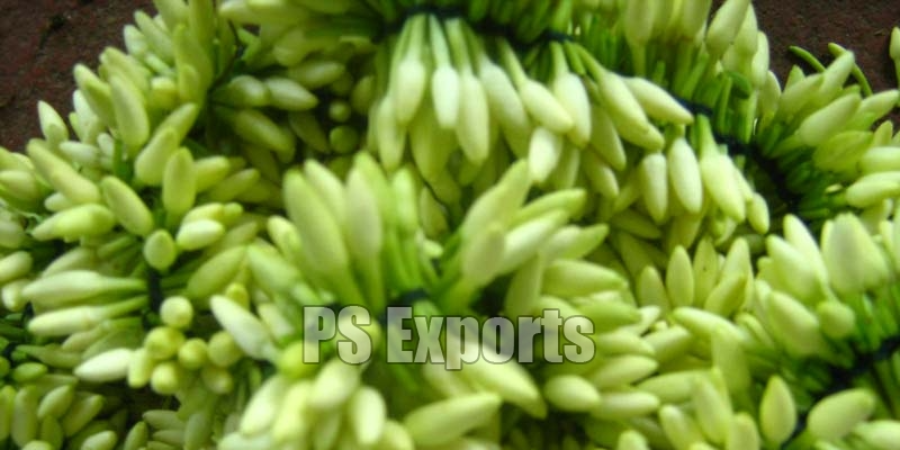

Introduction
Mullaipoo, known scientifically as Jasminum auriculatum, is a species of jasmine native to South Asia, particularly India and Sri Lanka. In Tamil, "Mullaipoo" refers to the fragrant flowers that are highly cherished for their exquisite scent and cultural significance.
Historical Significance
Cultural Heritage:
Ancient Tamil Literature: Mullaipoo is frequently mentioned in ancient Tamil literature, including Sangam poetry, where it symbolizes beauty, love, and elegance. The flowers were often used to adorn women and were considered a sign of feminine grace.
Symbol of Love: In classical Tamil poetry, mullaipoo is often used to represent the emotional landscape of love and separation. Its delicate and enduring fragrance symbolizes the depth and purity of love.
Traditional Uses:
Religious Ceremonies: Mullaipoo has been traditionally used in Hindu religious ceremonies. The flowers are offered to deities, used in temple decorations, and included in ritualistic practices due to their divine fragrance.
Weddings and Festivals: During weddings and festivals, Mullaipoo is woven into garlands and worn in the hair. This practice not only enhances beauty but also invokes auspiciousness and positive energy.
Medicinal Uses:
Ayurveda: In Ayurveda, the traditional Indian system of medicine, Mullaipoo is used for its medicinal properties. It is believed to have cooling effects and is used in treatments for headaches, eye disorders, and skin conditions.
Economic and Social Importance:
Agriculture and Horticulture
Cultivation:Mullaipoo cultivation is a significant agricultural activity in South India. Farmers cultivate jasmine for its flowers, which are sold in local markets and exported internationally.
Employment: The jasmine flower industry provides employment to many, especially women who are engaged in plucking flowers, making garlands, and selling them in markets.
Perfume Industry:
Fragrance Extraction: The fragrance of Mullaipoo is extracted and used in the perfume industry. Its essential oil is highly valued and used in making perfumes, scented oils, and other aromatic products.
Modern Day Relevance:
Cultural Continuity
Preservation of Tradition: Despite modernization, the tradition of using Mullaipoo in daily life, especially in South India, continues. Women wearing jasmine flowers in their hair is a common sight, reflecting the continuity of cultural practices.
Cultural Identity: Mullaipoo has become a symbol of cultural identity for Tamils worldwide, representing their rich heritage and traditions.
Economic Adaptations:
Global Market:The global demand for natural fragrances has increased the market potential for Mullaipoo. Innovations in farming techniques and sustainable practices are being adopted to meet this demand.
Tourism and Festivals: Mullaipoo also plays a role in promoting cultural tourism. Festivals like Pongal and other regional celebrations highlight the importance of jasmine, attracting tourists interested in cultural experiences.
Conclusion
Mullaipoo, with its enchanting fragrance and deep cultural roots, continues to be an integral part of South Asian heritage. Its historical significance, economic importance, and enduring presence in modern life underscore its role as a symbol of tradition and continuity. Whether in the form of garlands worn by women, offerings in temples, or a valued commodity in the perfume industry, Mullaipoo represents the timeless beauty and cultural richness of the region.
